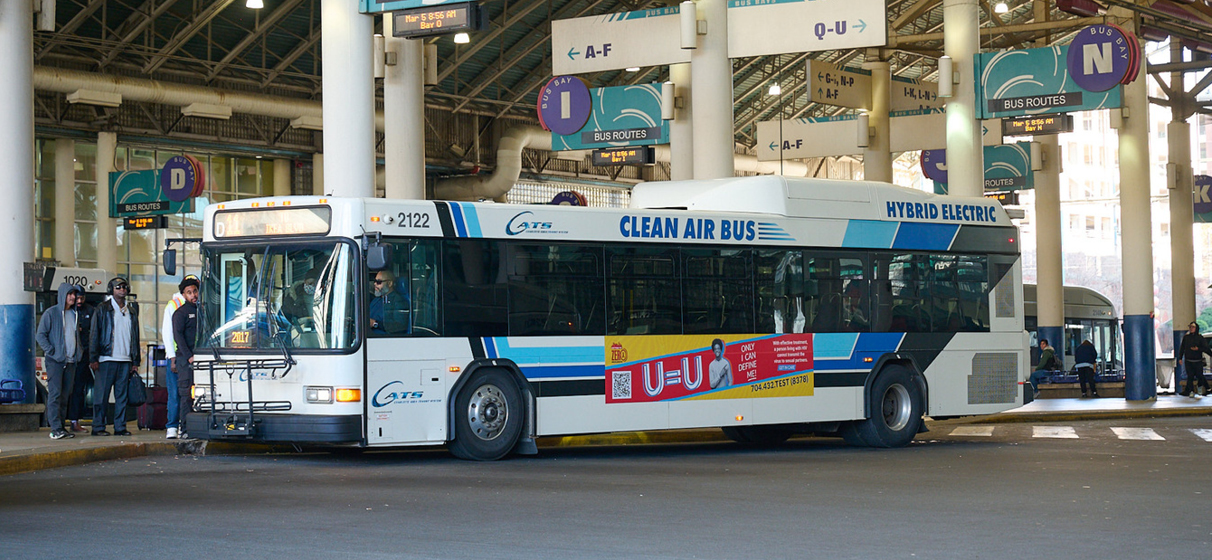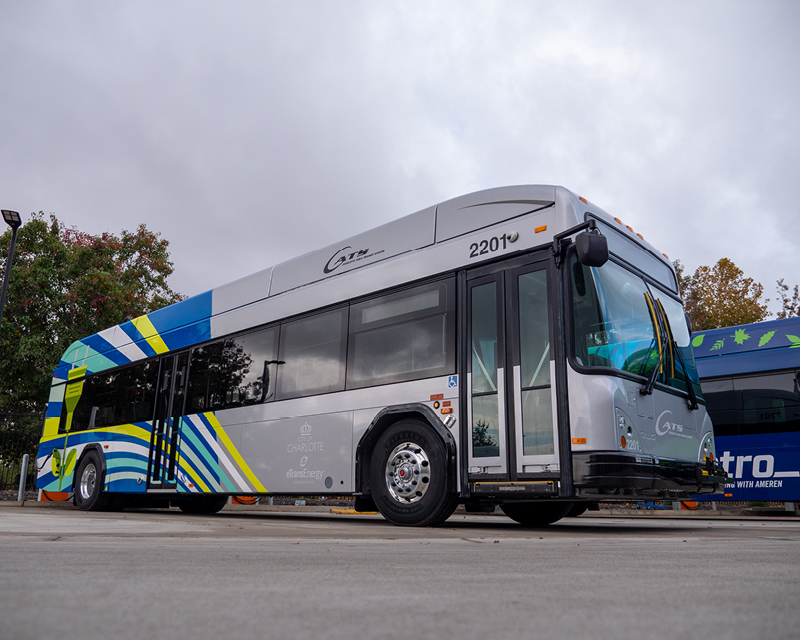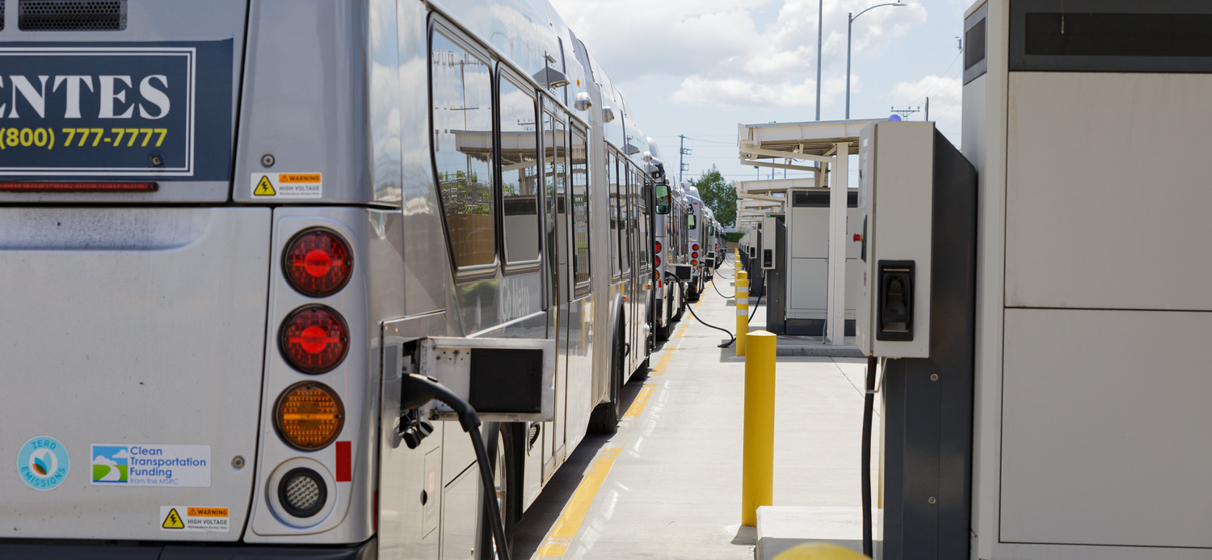The North Carolina chapter of American Council of Engineering Companies (ACEC NC) recognized two STV projects at its 2025 Engineering Excellence Awards. The Charlotte Area Transit System (CATS) Zero Emissions Fleet Transition Plan received the Grand Award in the planning category for its comprehensive roadmap to transform Charlotte’s bus network into fully zero emissions. The Military Road Cutoff Extension project that is enhancing multimodal mobility and connectivity along US 17 earned the Honor Award in the transportation category.
ACEC NC spotlighted both project teams at its annual awards gala in Raleigh.

“Both projects represent what the future looks like for transportation in North Carolina—one that emphasizes connection and sustainability for our communities,” said Claire Brinkley, PE, AICP, vice president and Charlotte area manager at STV. “CATS and NCDOT are investing in transformative infrastructure and initiatives that will positively impact the state for generations. We’re proud to see our project teams and clients recognized by ACEC NC.”
Going Zero Emissions in Charlotte
STV led the development of CATS’s zero-emissions bus (ZEB) plan, evaluating the agency’s current 248 bus routes through its proprietary Performance and Evaluation of Electric Bus Routes (PEER) analysis tool. The project team undertook extensive energy fleet modeling for CATS’s vehicle replacement plan with battery-electric buses (BEBs). The firm also provided preliminary layouts for facility revamps to accommodate future BEBs, as well as recommendations for charging infrastructure, utility demands, and a workforce development program.
“A zero-emissions fleet transition plan is challenging and complex, in and of itself,” said Amos Liu, PE, vice president and engineering chief at STV. “CATS has been committed to its zero-carbon goal to align with Charlotte’s and the Federal Transit Administration’s sustainability initiatives. We’re proud to partner with CATS on this transition and demonstrate again the efficacy of our PEER analysis.”
CATS secured a $30 million Federal Transit Administration (FTA) grant through the Infrastructure Investment and Jobs Act to replace 31 diesel buses with low- to no-emissions vehicles and create the corresponding BEB charging infrastructure.
“Our zero-emissions transition team considers the agency’s operational needs and evolving technology, funding, greenhouse gas reduction goals, safety and community impact,” said Sam Hrvacic, vice president and engineering director. “We’re here to help prepare an agency for a fast approaching zero emission future.”
Maximizing Mobility Along Crucial Corridor

The Military Cutoff Road Extension is an extension of a crucial corridor that serves as a more direct hurricane evacuation route and improves traffic congestion and safety issues along the Market Street (US 17) Corridor in Wilmington, NC. The North Carolina Department of Transportation (NCDOT) selected STV to provide final design services for the four-mile extension, two new interchanges, four bridges, noise walls and a multi-use path connecting a local park to residential neighborhoods. At the time of the design phase, STV deployed 3D corridor modeling, which was one of the first NCDOT projects to do so on a project of this size and complexity.
“We’re thrilled to see the project come to fruition, especially after its initial proposal three decades ago,” said Sean Stephens, PE, associate and senior engineering operations manager.
Wilmington and the surrounding New Hanover County have undergone significant development over the past few years. With increased housing and local businesses, the average daily traffic volume is expected to double by 2035. Now, the expanded roadway is set to increase capacity of the US 17 corridor, allowing approximately 60,000 drivers to pass daily through the local road onto a nearby interstate.
Military Cutoff Road Extension is playing a crucial role in NCDOT’s Hampstead Bypass program and North Carolina’s Strategic Highway Corridor to not only maximize mobility and traffic capacity but also increase safety and economic growth for the region.







